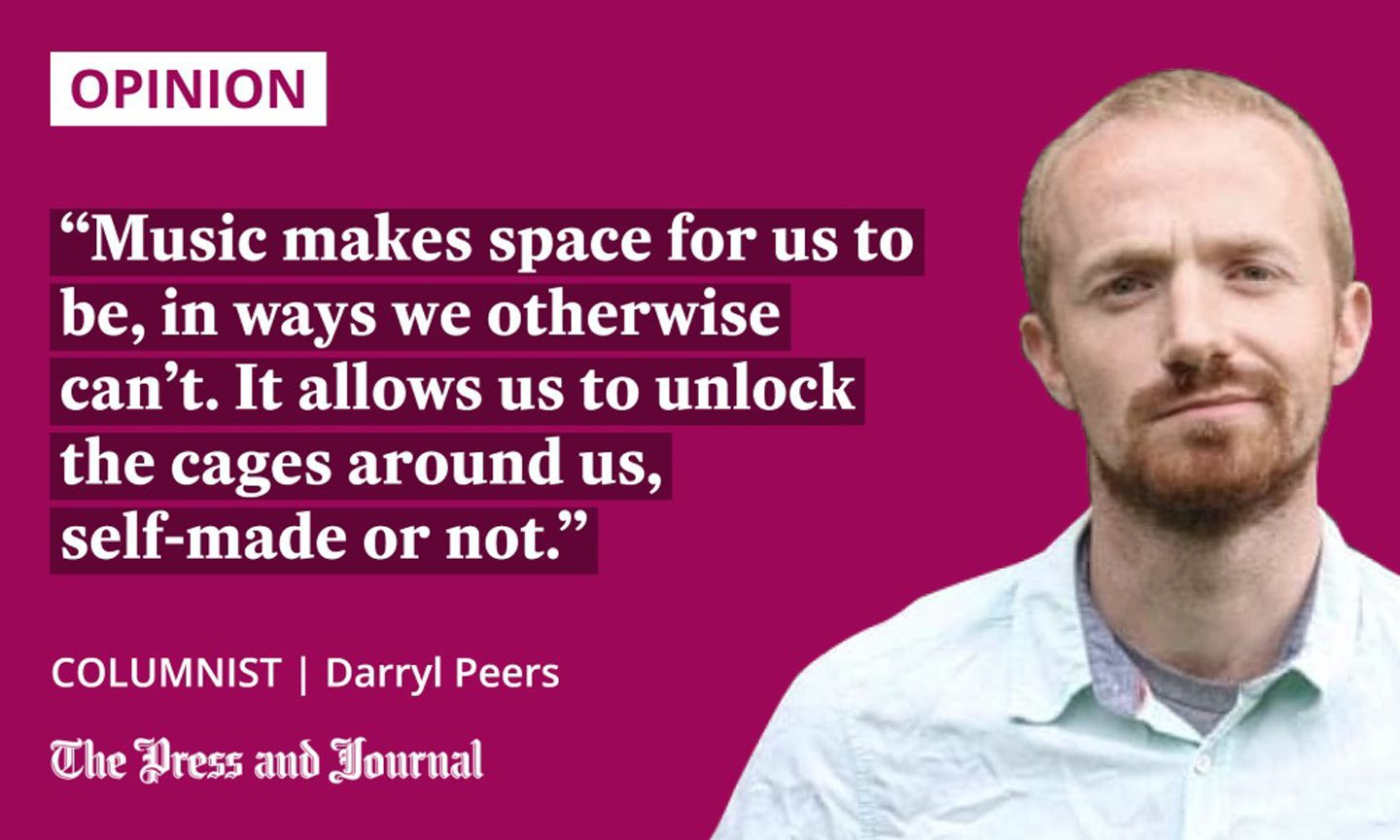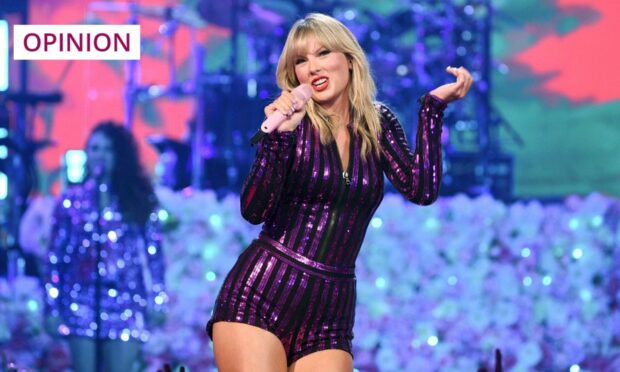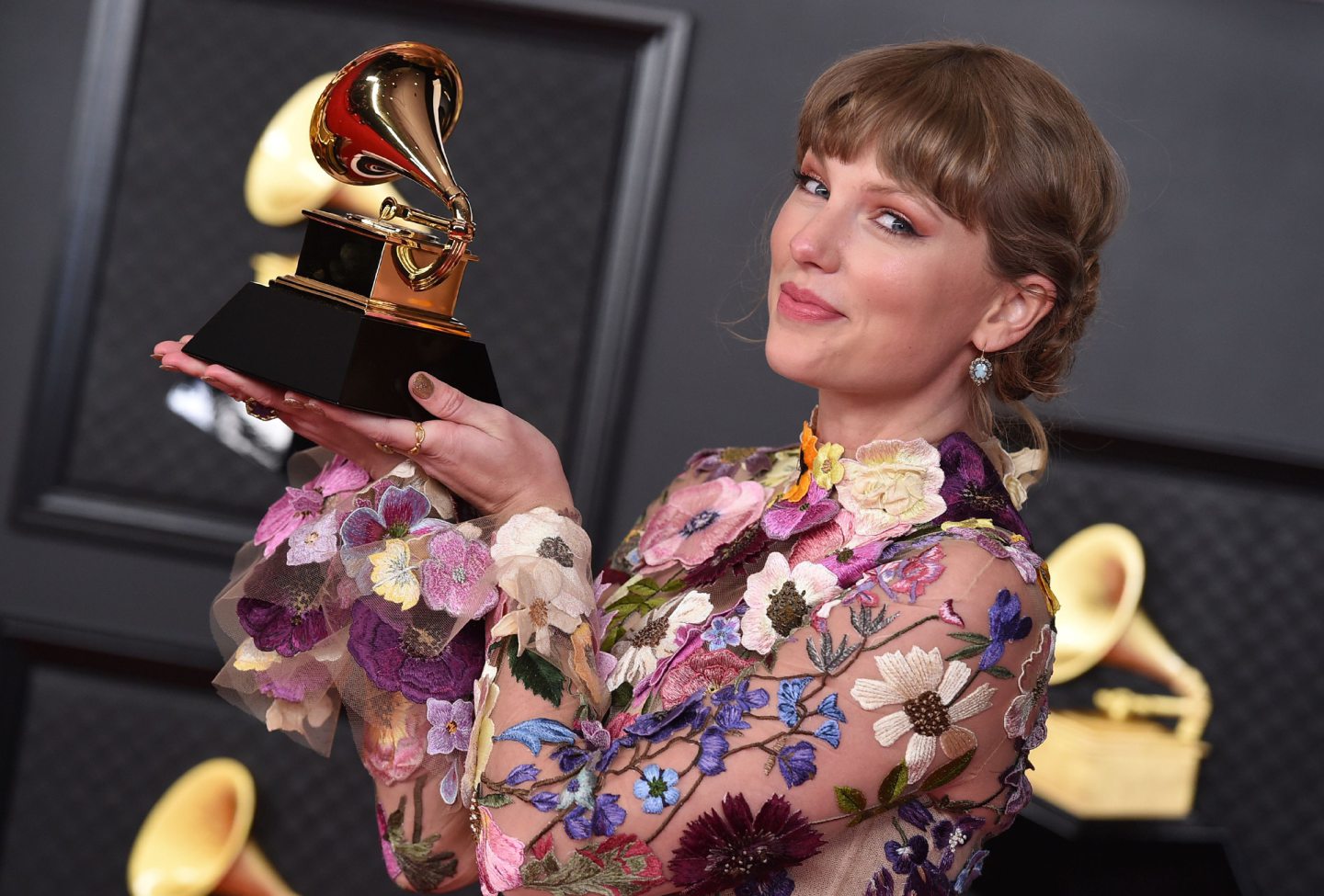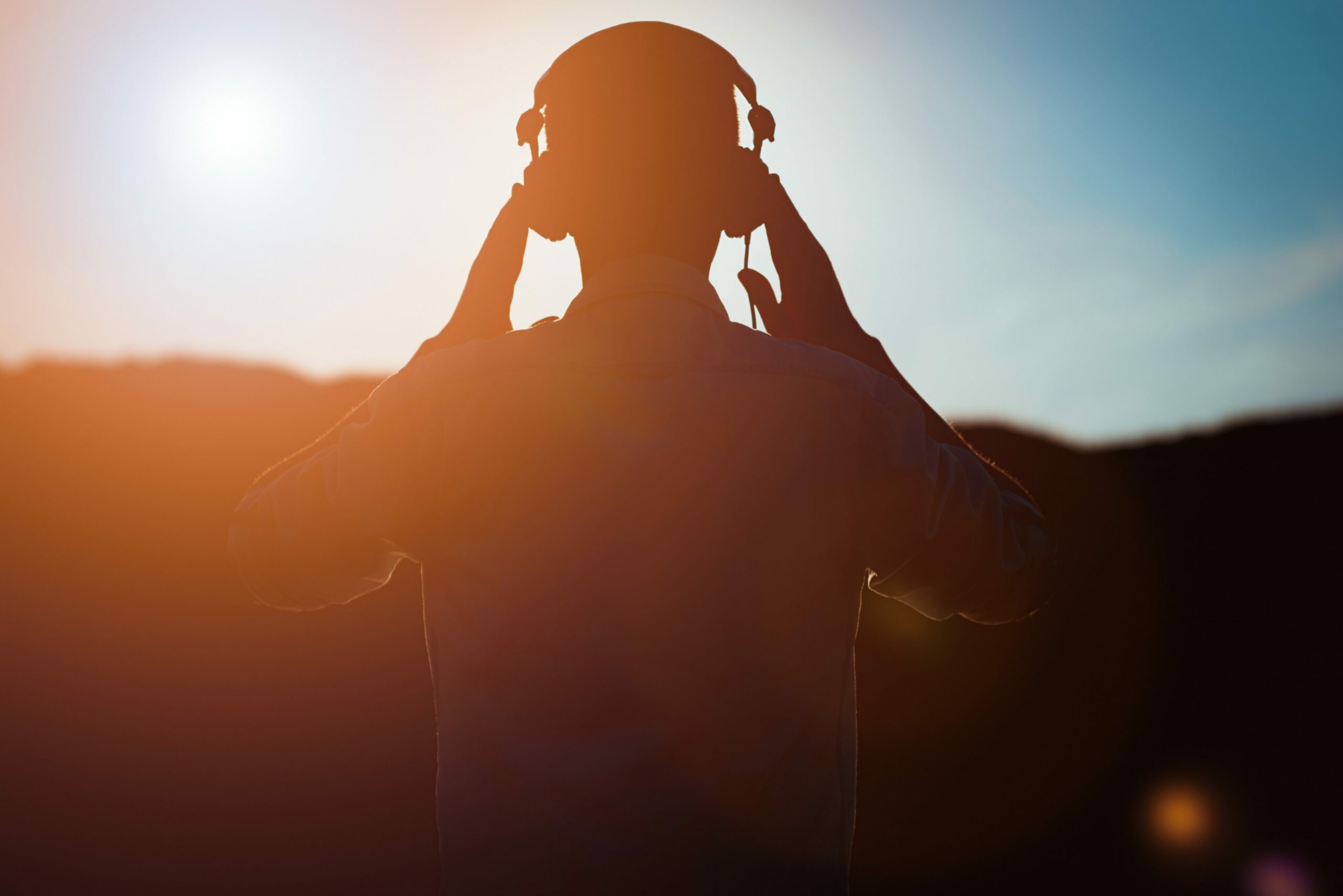On Monday morning, I awoke to the news that Taylor Swift is releasing a new album, on October 21.
Titled Midnights, she says that it will tell “the stories of 13 sleepless nights scattered throughout my life”.
In the short message she shared to promote the release on social media, Swift wrote that, during those late nights when we lie awake, “we twist in our self-made cages and pray that we aren’t – right this minute – about to make some life-altering mistake”.
Especially given that my phone is rarely beyond arm’s reach, I so often feel that this, the very minute I am in right now, is the one of most danger. It is the one in which I am me, present tense, wanting the things that I want and on the cusp of trying to have them.

At any moment, I could send a message or post something online that, wittingly or otherwise, confesses something I’ve been hoping to conceal, or changes irreversibly how I’m perceived by the people who matter most.
It’s partly for this reason that I try to adjust my life so that what I’m feeling inside is coextensive with what I’m showing to the world. I know that I cannot always be vigilant enough to stop myself from acting on my instincts if I try to hide them, so I try to find the safest ways of making them visible.
But, when the nights get late, we get tired. When we get tired, we’ve less energy with which to pretend or polish away our truths. Then we face their ugliness, their propensity to disrupt the lives we’ve built.
Taylor Swift’s songs gave me companionship
Sometimes I feel or want in ways that need to be contained or managed. In our everyday lives, what we want comes into contact with what others want. If one or the other’s needs aren’t expressed and reflected in the nature of a relationship – whether that is romantic, platonic, professional, fleeting – it, or at least one of the people in it, risks breaking down.
Art of whatever form – TV, music, film, literature – provides less fraught spaces into which we can unfold. It offers us a forum to converse with an artist in a way that carries fewer implications than how we interact with the people in our lives.
When I was a closeted teenager growing up in Aberdeenshire, I would take the family dog for walks on the country backroads behind my village. I had a Sony MP3 player onto which I synced my Taylor Swift albums.
I did not have friends with whom I felt I could discuss my sexuality safely. I was afraid of talking to my family. Even after I came out, I was the only person I talked to who wasn’t straight. Rightly or wrongly, I felt that most considered my situation to be a drama I was making too big a deal of.
In Taylor Swift songs like Love Story and Fearless, I found companionship. I didn’t know whether Swift thought it was OK for people to be gay, but I sensed from the tenderness of her lyrics that, if she knew me, she would say it was OK for me to sing them too. So I did. I went out to the backroads where no one but the dog could hear me, and I sang.
Music allowed me to be my uncompromised self
These were songs which promised me that, when the boy was right, I would want to “dance in a storm in my best dress” with him. I did not have to settle for the unrequited feelings I had for straight or closeted boys.
There was love in teenage Darryl’s life, even if it wasn’t taking the form he wanted it to take at the time
Everywhere else, I was being asked to hope for less, to curtail myself – I was being asked, by the people whom I had thought loved me, the people of whom my world was entirely built, to stop feeling what I was feeling, to quit being a body that did not fit with their senses of what was normal.
To love other boys, and to refuse to be ashamed of it, was to make myself someone that no one wanted to understand. Singing along to Taylor Swift gave me a certainty that loving boys, in a time I could not yet imagine, can be a beautiful thing to do.
Maybe this sounds like a sad adolescence, but I don’t pity younger me.
There was love in teenage Darryl’s life, even if it wasn’t taking the form he wanted it to take at the time. And he was resourceful. He took profound loneliness and, with the help of some music, fashioned it into space where he could extend into his uncompromised self.
Music makes space for us to be, in ways we otherwise can’t. It allows us to unlock the cages around us, self-made or not, and – in the moments when we are at our most alone, perhaps our most sad, uncertain, or lost – it gives us something we like the sound of.
Darryl Peers is a writer from the north-east of Scotland



Conversation